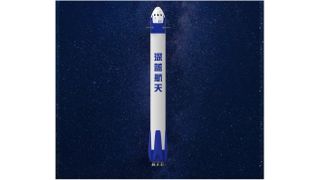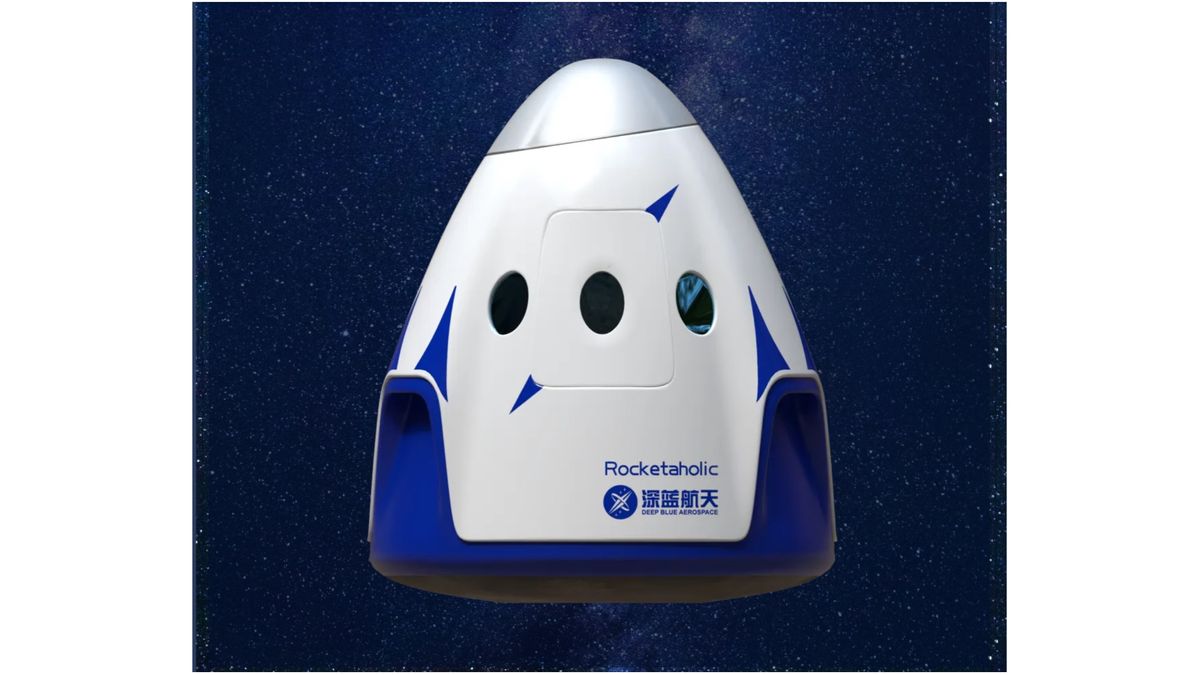The Chinese company Deep Blue Aerospace is getting into the space tourism business.
Deep Blue, which is based in the eastern province of Jiangsu, announced on Wednesday (Oct. 23) that it plans to start launching paying customers to suborbital space in 2027.
Tickets will cost 1.5 million RMB apiece — about $210,000 U.S. at current exchange rates. For that price, customers will get “much more than a brief weightlessness experience,” Deep Blue wrote in a statement on Wednesday. (Translation to English by Google.) “They will experience the vastness and mystery of the universe and witness the magnificent landscape beyond the Earth. This will be an all-round, multi-sensory space journey that will be unforgettable for a lifetime.”

That statement also features renders of Deep Blue’s suborbital spaceflight system — a reusable rocket-capsule combo akin to Blue Origin’s New Shepard, which has conducted eight suborbital crewed flights to date, most recently on Aug. 29.
New Shepard can accommodate six passengers. These folks experience a few minutes of weightlessness and get to see Earth against the blackness of space during a flight that lasts 10 to 12 minutes from liftoff to capsule touchdown. Deep Blue Aerospace’s suborbital missions will likely be similar.
Blue Origin is one of two companies that has launched paying customers to suborbital space. The other is Virgin Galactic, which operates a space plane that deploys from a carrier aircraft in midair and comes back down to Earth for a runway landing. Virgin Galactic currently charges $450,000 per seat; Blue Origin has not revealed its ticket prices.
In Wednesday’s statement, Deep Blue Aerospace — which is also developing a reusable orbital rocket called Nebula-1 — said it plans to sell its first two tickets during a live event today (Oct. 24).
The purchasers will have to be patient, however; the company, which was founded in 2017, will spend several more years developing and testing its suborbital spaceflight system.
The “spacecraft-rocket combination will also undergo dozens of tests in 2026 to ensure the safety and reliability of suborbital manned travel, and officially start suborbital travel commercialization in 2027,” Deep Blue representatives said in Wednesday’s statement.
Deep Blue Aerospace isn’t the only Chinese company with designs on the space tourism market. CAS Space, a spinoff from the Chinese Academy of Sciences, is working on a crewed suborbital vehicle of its own and could be up and running in a few years as well, if all goes according to plan.











